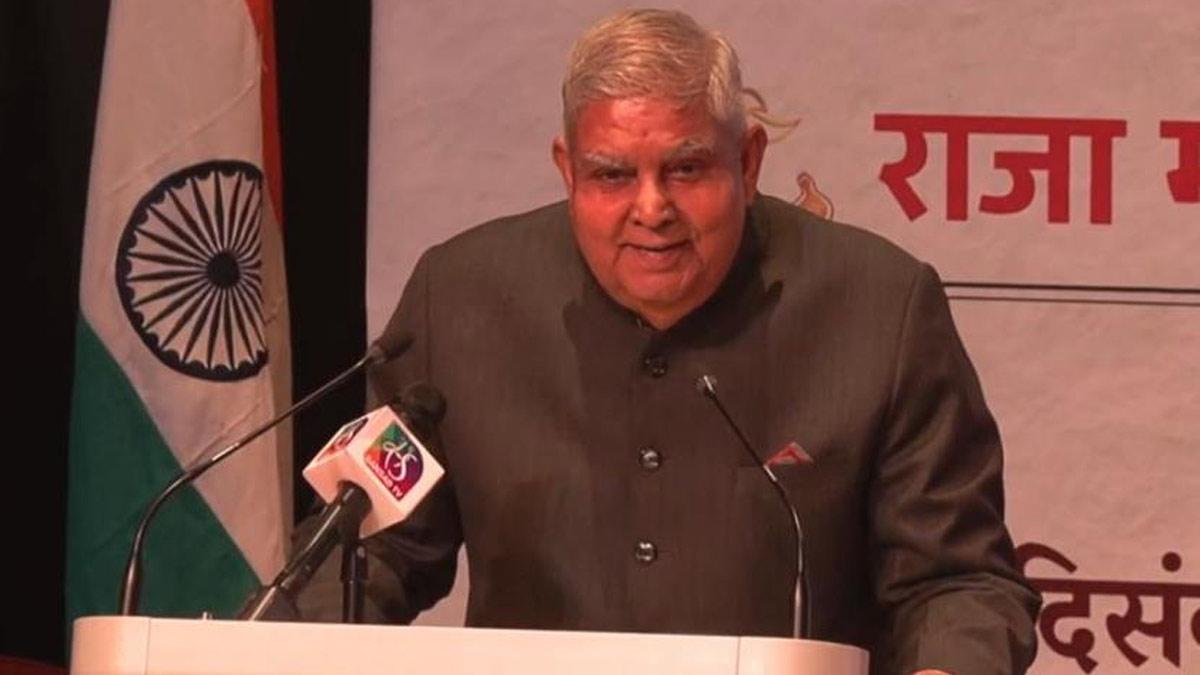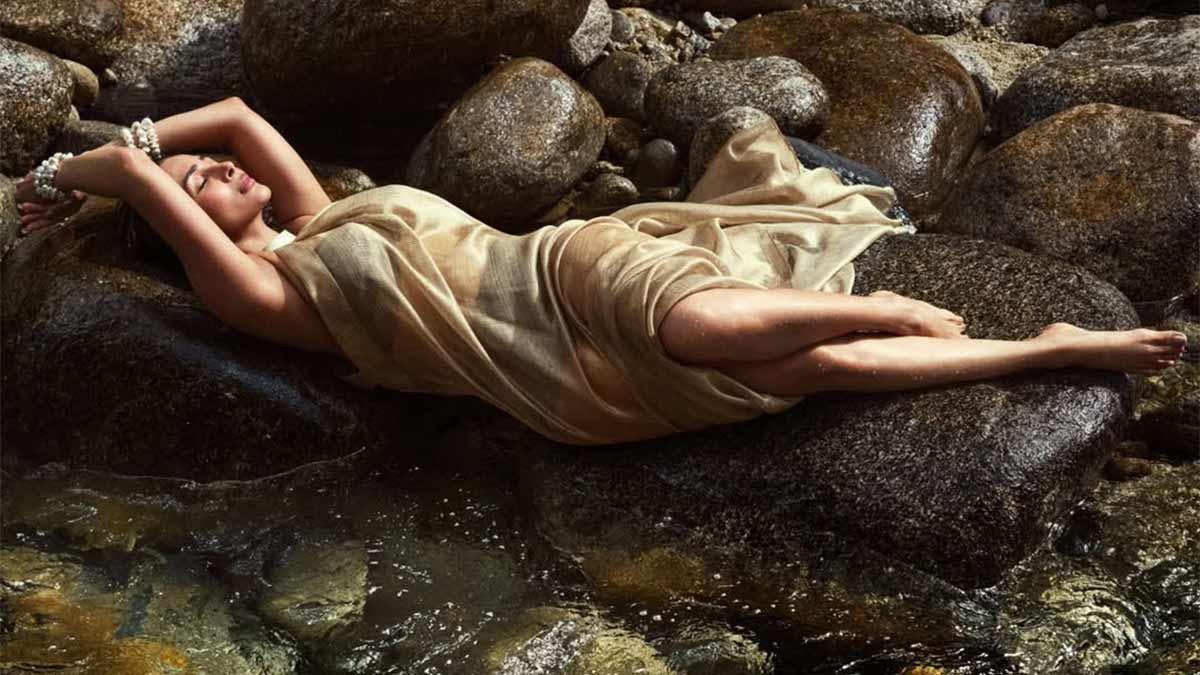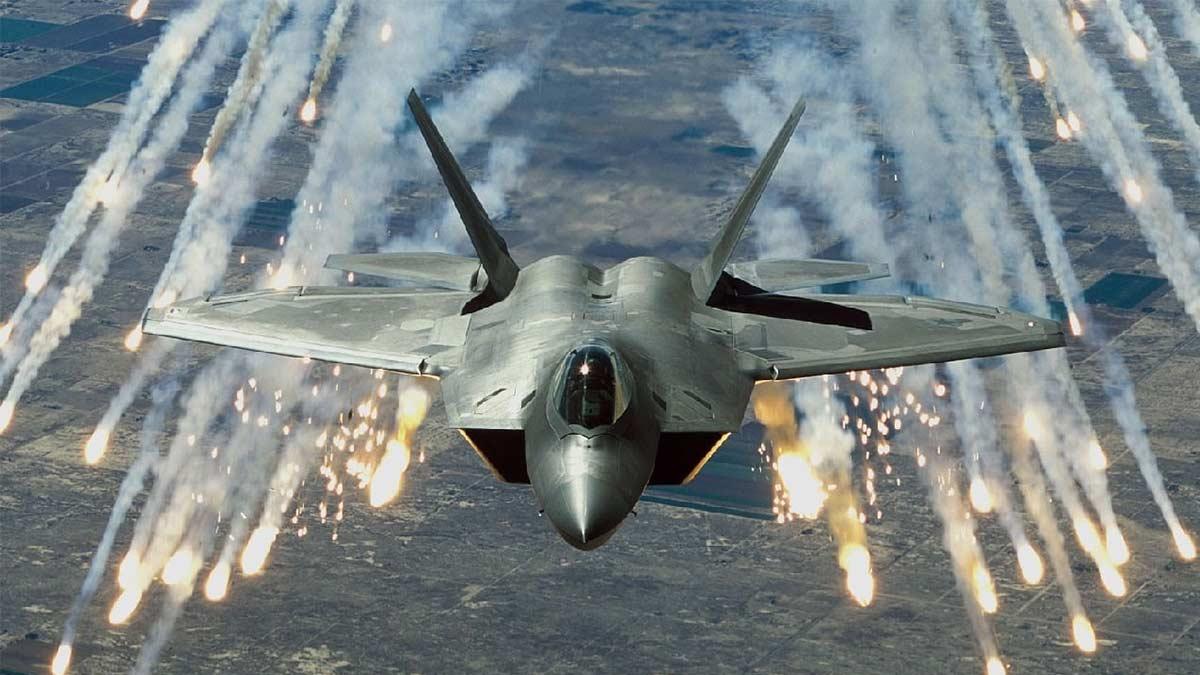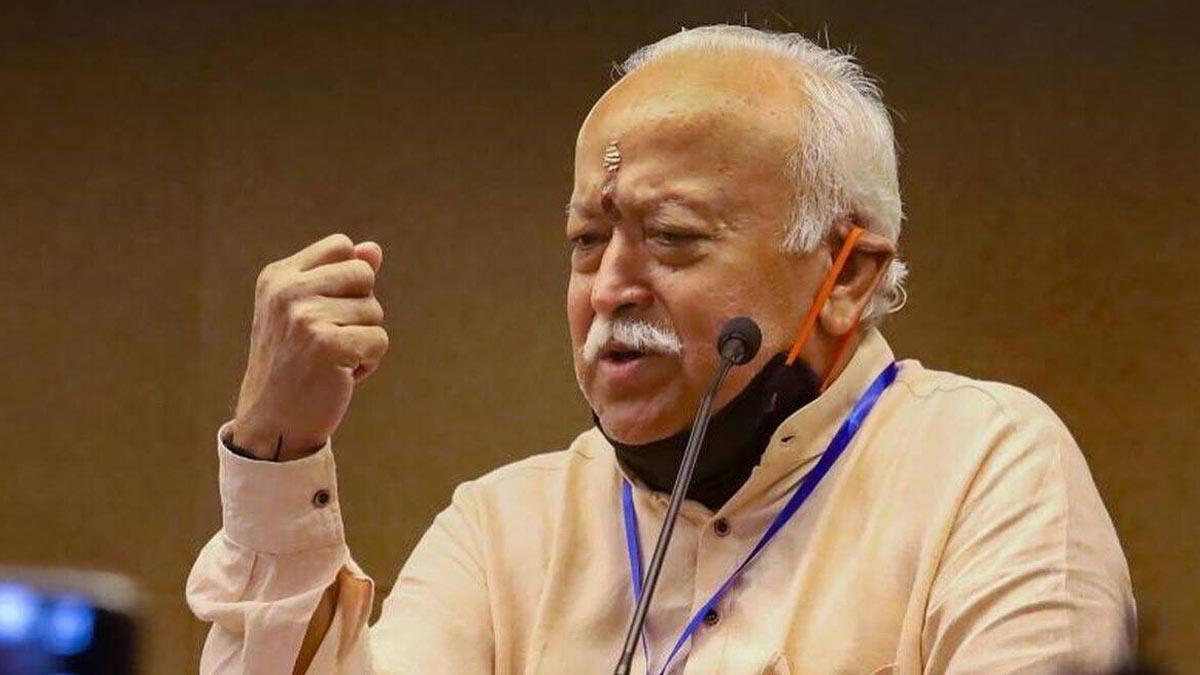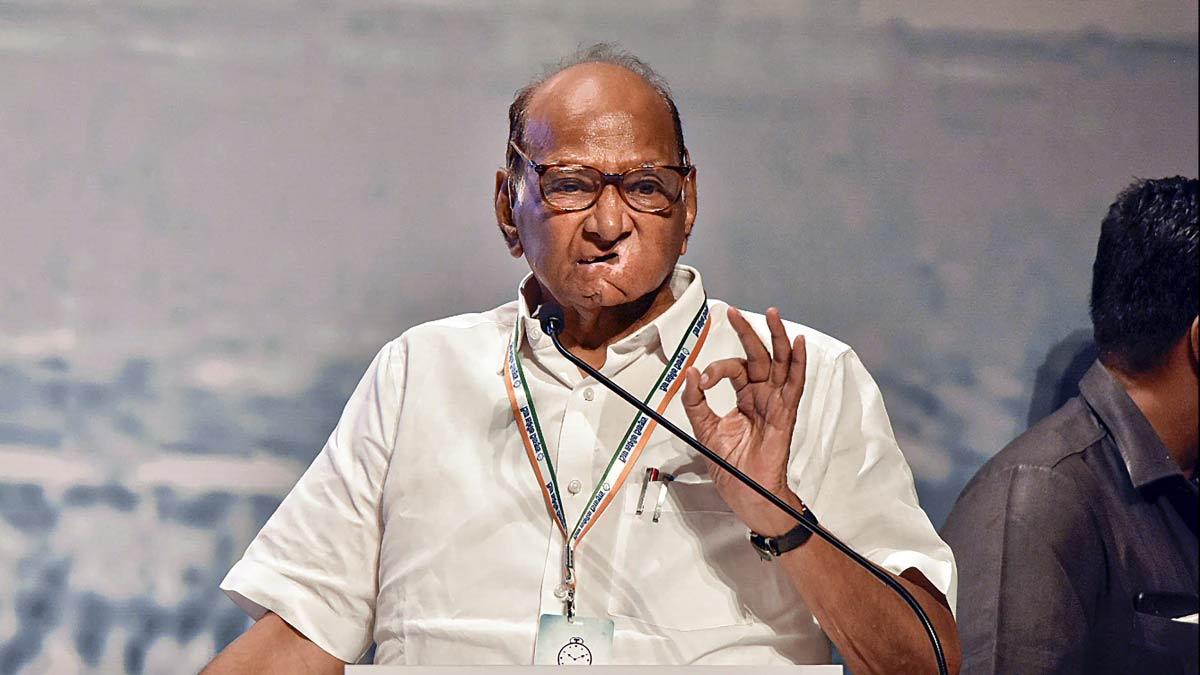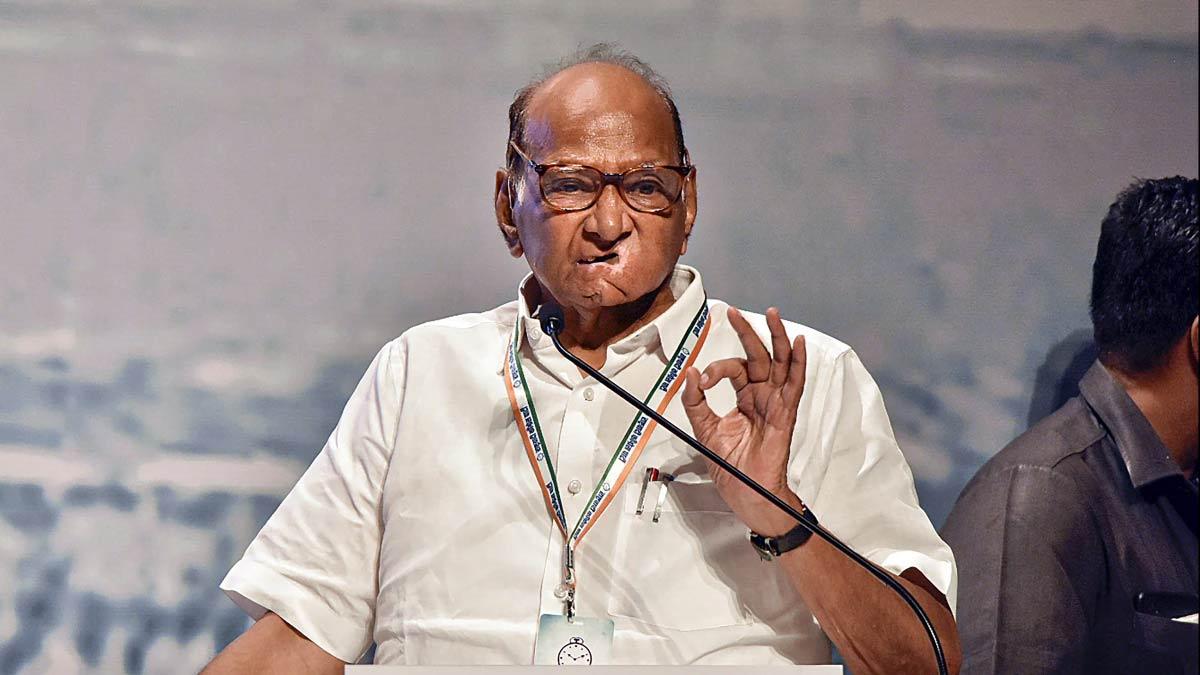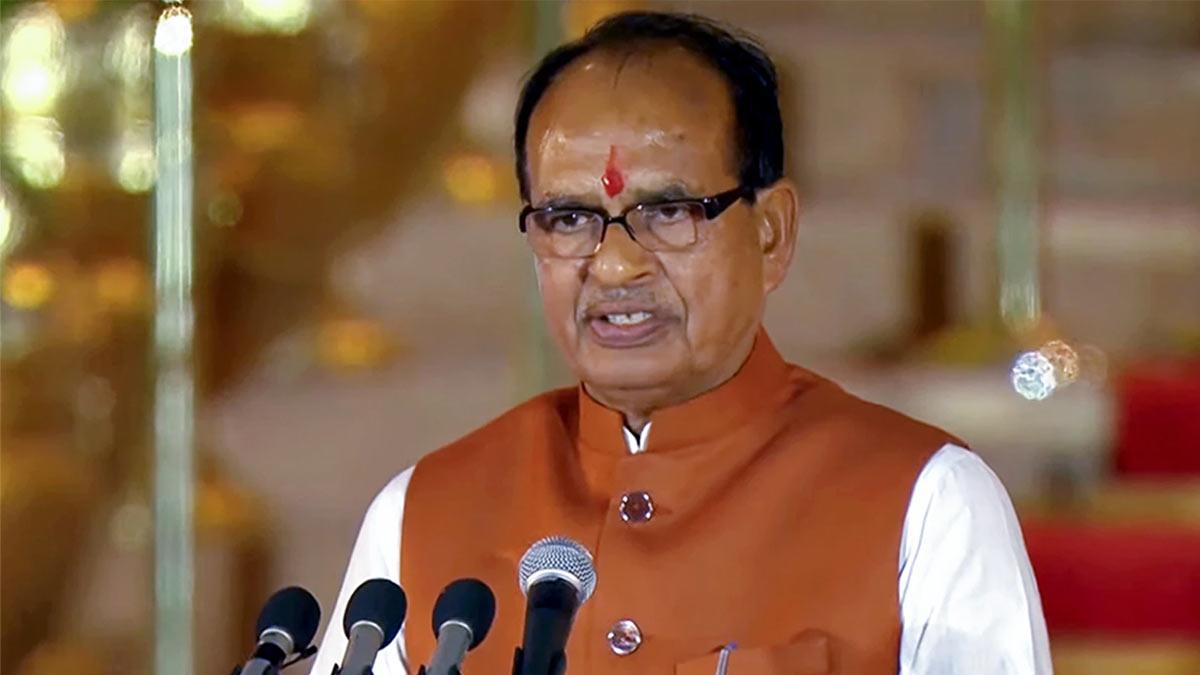Vice President Jagdeep Dhankhar on Thursday expressed strong objections to the way a recent controversy related to the reported discovery of large sums of money at the residence of a judge in Delhi has been handled.
He also questioned the constitutional basis of the Supreme Court-appointed committee probing the issue, suggesting that, as per the Constitution, only the President and Governors are immune from prosecution — a immunity that, he asserted, cannot be arbitrarily given to others.
"It's more than a month now. Even if it uncovers uncomfortable facts or secret scandals, the time is ripe to uncover them. Let the truth out, however unseemly, so that reforms can ensue," he said, taking a reference to the case where charred currency notes were said to have been found at the residence of a Delhi High Court judge last month.
The Vice President was making these observations during an address to the sixth group of Rajya Sabha interns at his official residence. He went on to explain, "Let me draw attention to a recent occurrence which has attracted public attention. A disturbing episode transpired on the evening of March 14-15 in New Delhi at a judge's house. Surprisingly, it went unreported for an entire week. That delay in itself raises questions.". Is such a wait justified? reasonable? Or is it raising deep constitutional issues?
"
He emphasised that at ordinary times as governed by rule of law, the scenario would have played itself out very differently. It happened only on the 21st of March when the media put the story forward that public uproar ensued afterward. "The people were left in shock, deeply disturbed at this shocking news," he observed.
Dhankhar further stated that the matter gained more momentum when the Supreme Court made a public announcement of confirming serious concerns. "The facts presented didn't raise questions — they indicated definite culpability. It became clear that an official inquiry was necessary. And now the whole country waits, apprehensive and anxious, as one of our most revered institutions is put in the dock," he stated.
He proceeded to bring into focus the lack of movement in the judicial process, as he said, "In a democracy, integrity of criminal justice system defines our future. And yet, no investigation has commenced officially. And why? Because no FIR has been lodged as of yet. Under law, every cognizable offence is to be reported to police. And failing to report so is also a criminal offense itself." The Vice President explained that there is no special permission needed to register an FIR against any public functionary — not even against someone occupying his own position. "But in the case of judges, it is different. The FIR cannot be registered straight away; it has to be approved from within the judiciary. But this is not based on the Constitution. The Constitution grants immunity to the President and Governors only.".
Then how has this protection outside of constitutional law come about?
" he asked.
He was perturbed by what signal this conveys to citizens on the streets: "Every Indian is in angst. Had any such a thing happened to someone in a regular home, there would have been an instantaneous — rocketlike — reaction. Here, it seems progress at bullock-cart pace."
Dhankhar questioned the validity of the ongoing probe further. "Yes, there is a committee of three judges investigating it. But let's be clear — the judiciary isn't empowered to conduct investigations. That is for the executive to do. Is this committee constitutional? No. Has Parliament approved any law which sanctions it? No. All they can do is make suggestions. But to whom? And why?" he asked.
He reminded the audience that judges can only be removed by Parliament, pointing out that a committee alone has no legal authority in doing so. "More than a month has gone by, and urgent action is needed to preserve evidence. As a person holding public office, I am gravely concerned. Are we undermining the rule of law? Are we not answerable to the people who gave us our Constitution?" he asked.
The Vice President went on, "What legal or constitutional basis is this committee on? Can any organization make up its own rules outside the authority of Parliament and the Constitution? To my understanding, this committee's report lacks legitimacy in terms of law. He then quoted the doctrine of separation of powers, saying, "The executive is responsible to Parliament and ultimately to the electorate. But if administration is in the hands of the judiciary, then who is it accountable to? Whom do we grill at election times?" In conclusion, Dhankhar urged India’s three branches of government to respect their distinct roles. “The legislature, judiciary, and executive must thrive within their own domains. It’s in this harmony that democracy flourishes. But when one branch encroaches upon another, it presents a serious challenge,” he concluded.
Read also| Mayawati Slams SP for 'Exploiting Dalit Leaders' Amid Rana Sangha Controversy
Read also| Robert Vadra Asserts 'Truth Will Prevail' Amid ED Questioning

